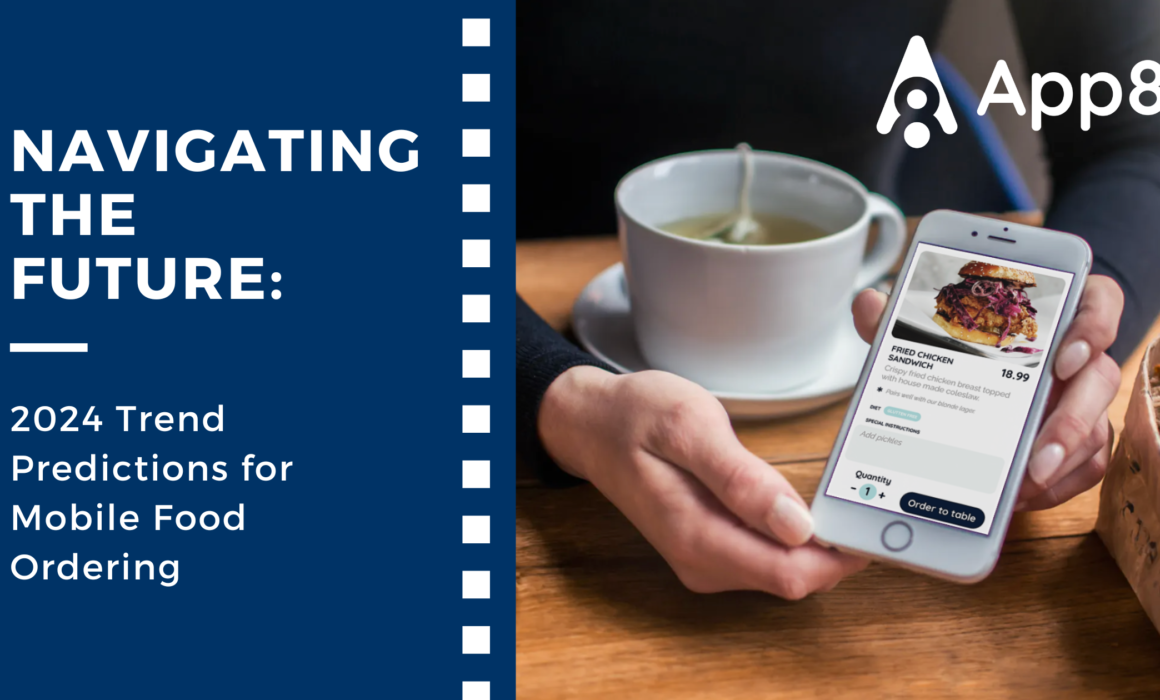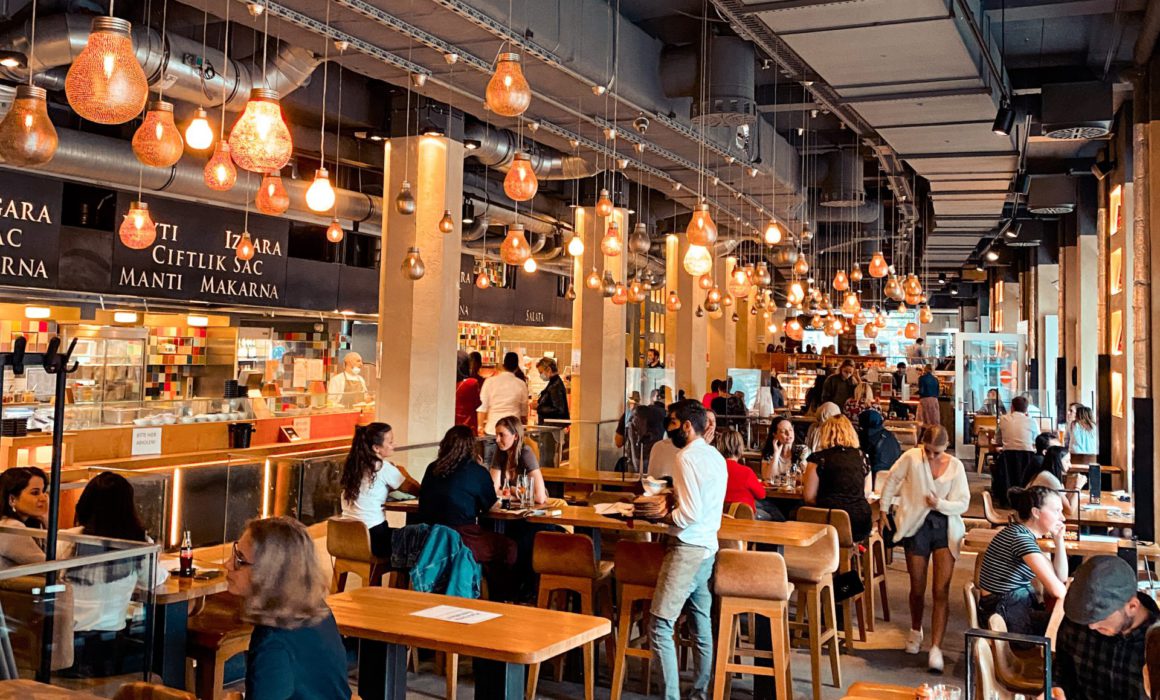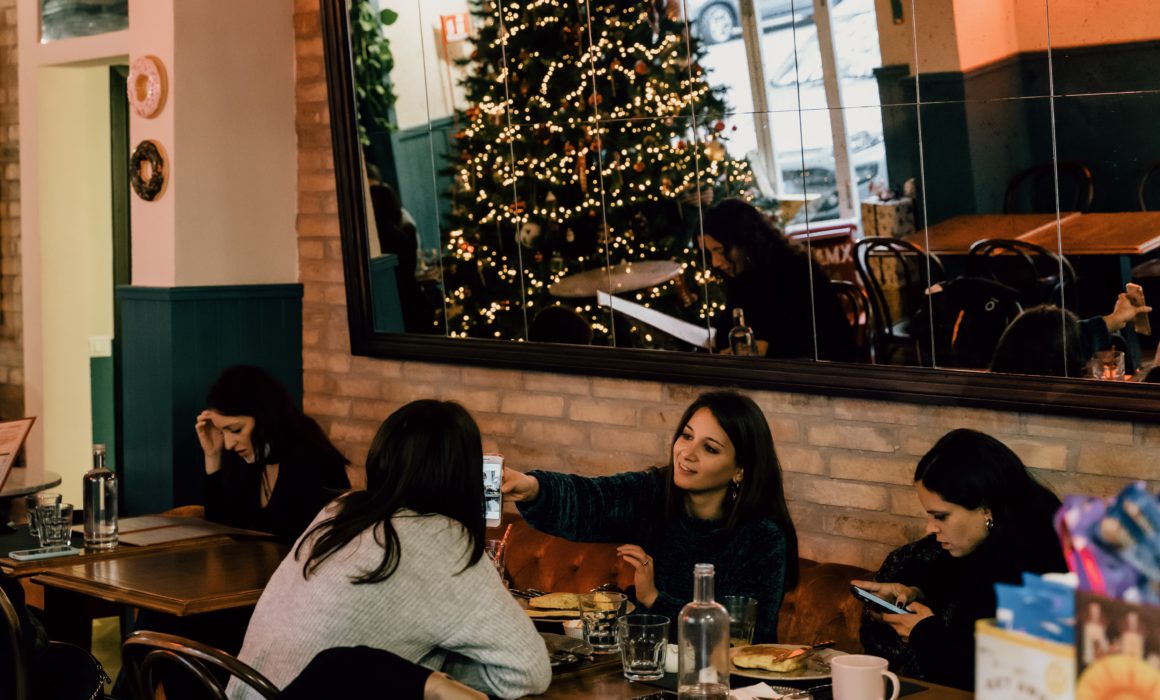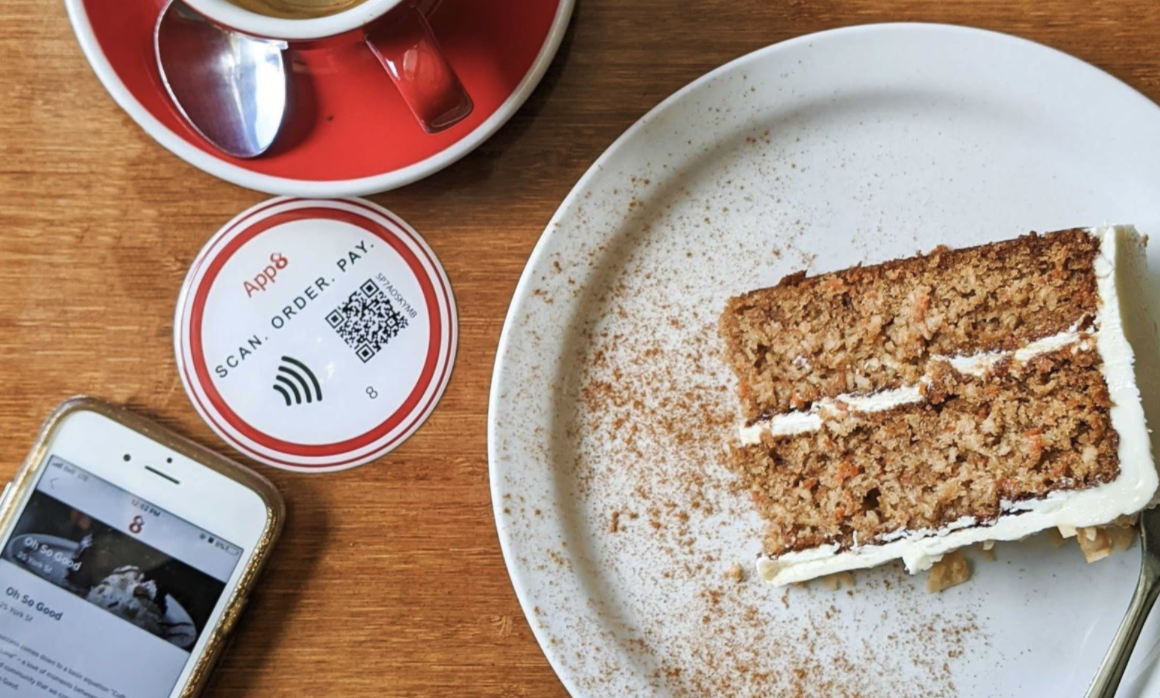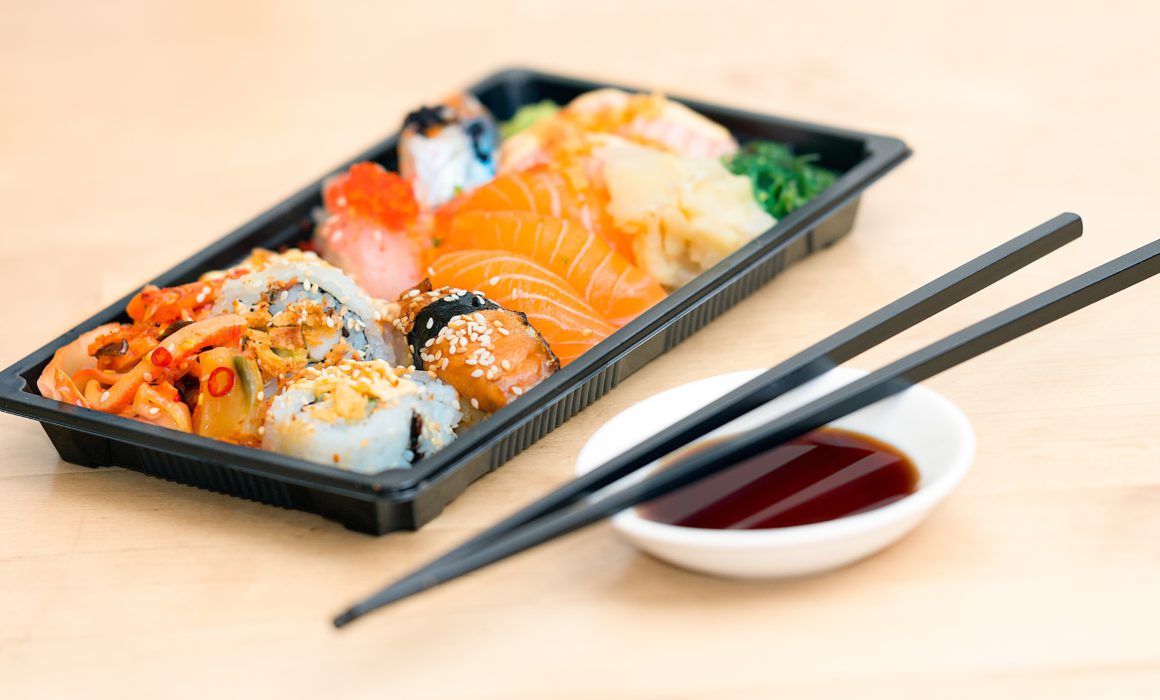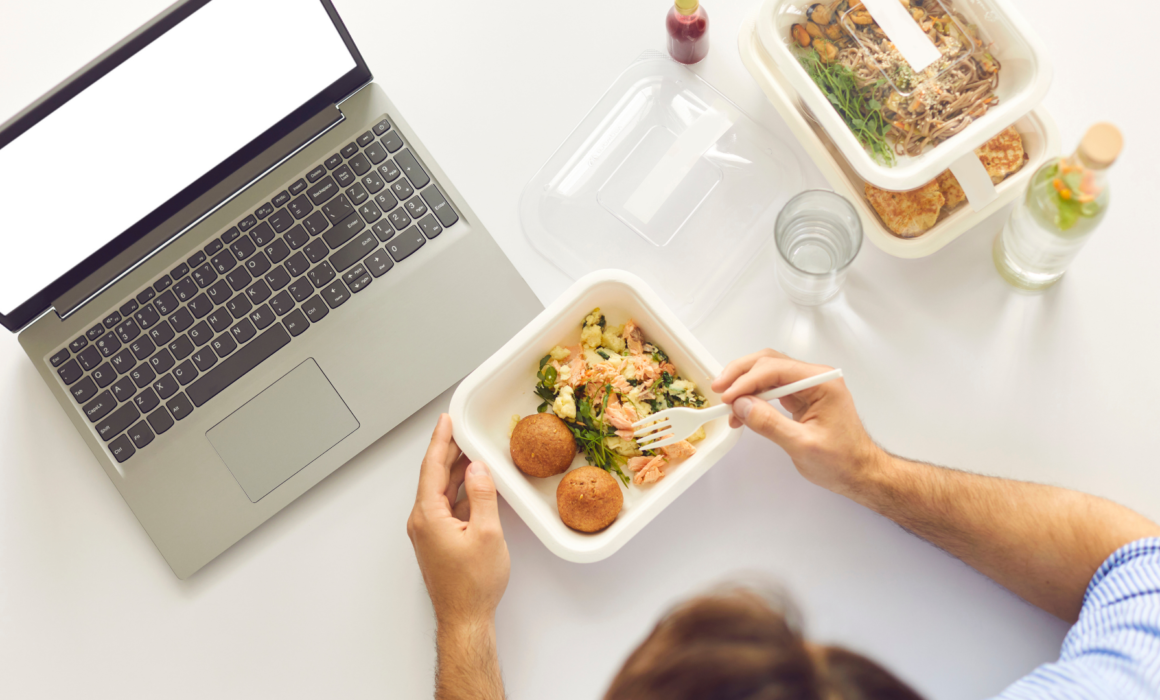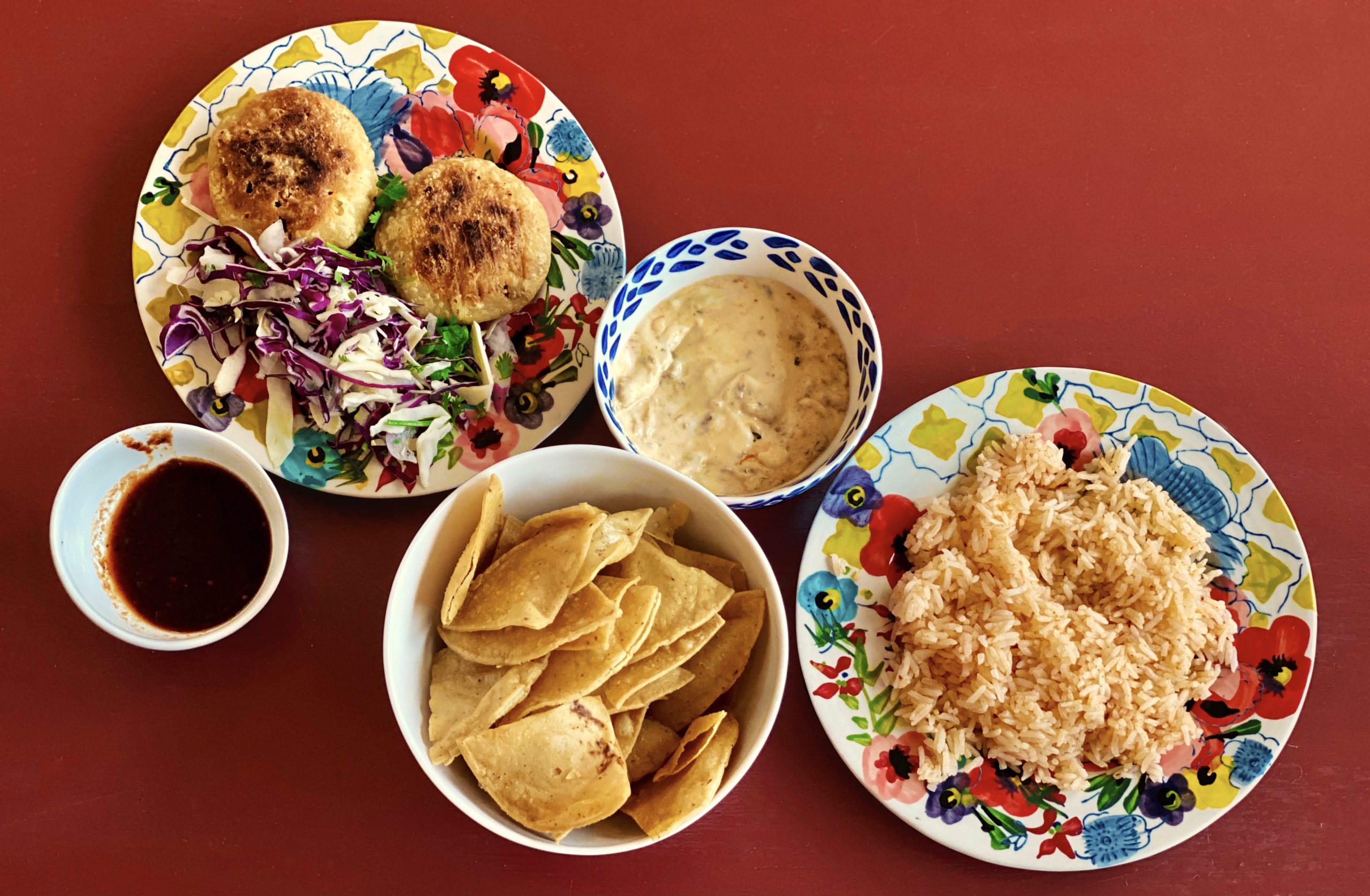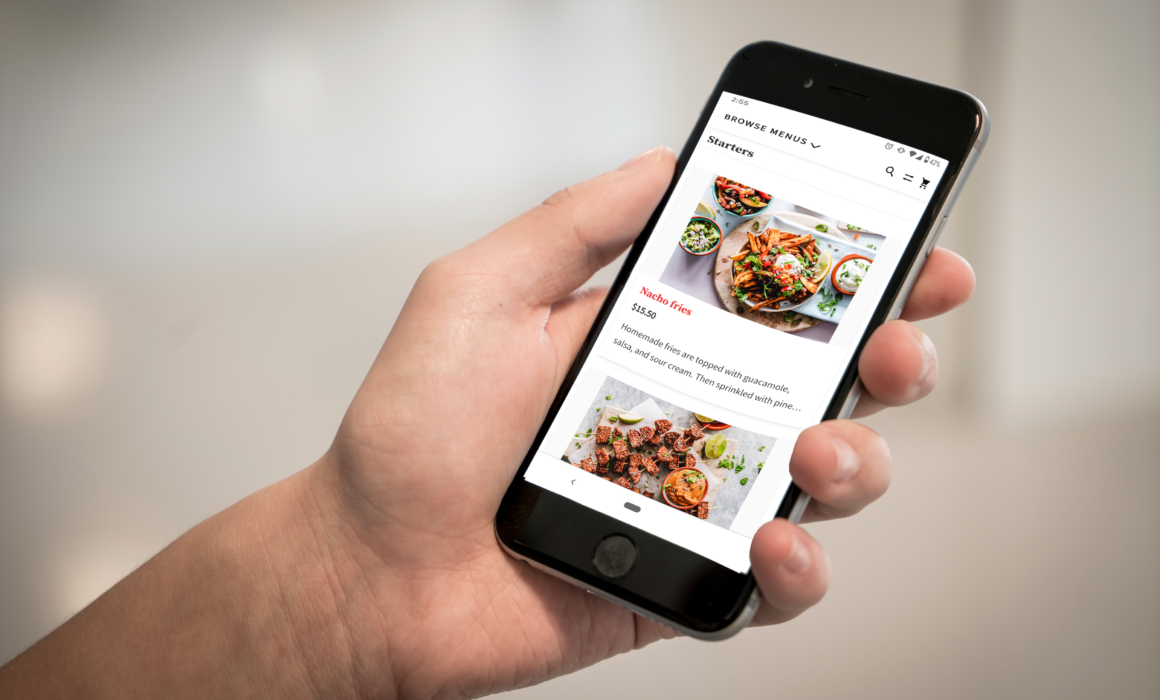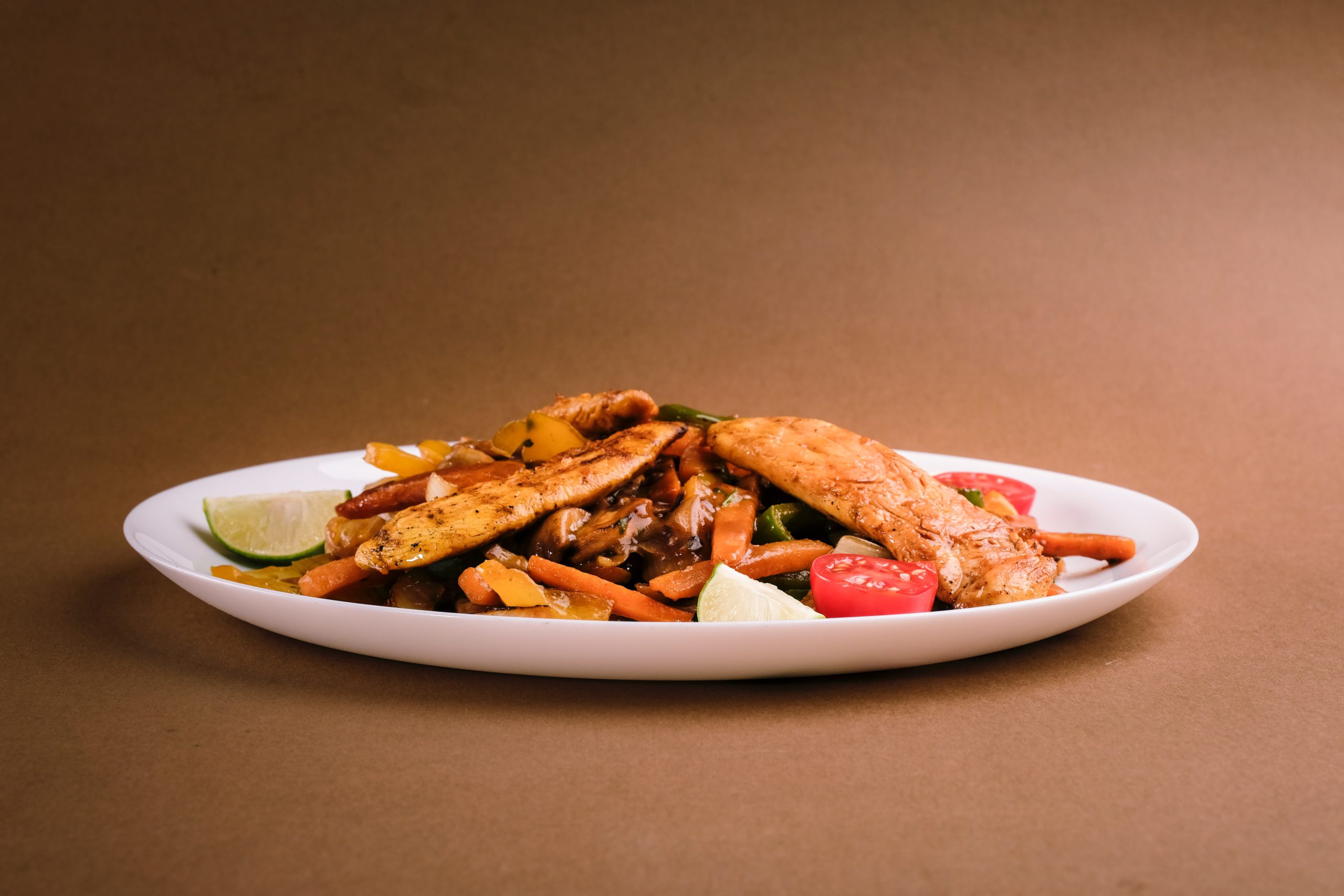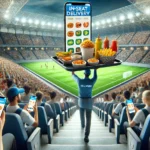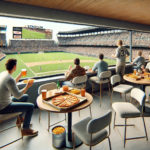As we look ahead to 2024, the future of mobile food ordering appears promising, with a convergence of cutting-edge technologies and a focus on user-centric experiences. From the rise of virtual restaurants to the integration of augmented reality and artificial intelligence, these trends collectively point toward a dynamic and ever-evolving landscape.
It had been nearly two decades since I walked into a University cafeteria, and I knew it would be different, but I didn’t expect how different it would be. Instead of serving sandwiches, pizzas and chicken strips, University cafeterias now serve food better than what my mom cooked at home (sorry mom!). From culinary delights from around the world, to gluten-free, vegan and dairy-free options, students now have access to food that will meet their dietary needs, and that taste great! Looking around the cafeteria, the bright windows showcased a variety of seating options for students to enjoy their food, work alone or meet with a group. It’s a far cry from the sandwich shop in the University Student Center basement that I was used to.
The holiday season is a wonderful time for restaurants, with families and friends gathering to celebrate and share delicious meals. It’s also the time of year for companies to gather for end of year celebrations, ordering catering for delicious luncheons and parties.
What is digital dining? And why do so many restaurants view it as a necessary tool for the current state of the foodservice industry? Read our ultimate guide to find out.
Whether you’re social media-savvy or a total stranger to social networks, there’s something to be gained from using digital platforms to promote your restaurant.
Takeout and delivery have existed in the restaurant industry for a long time. However, these options took on a new life when the COVID-19 pandemic began. Suddenly, takeout and delivery weren’t just convenient ways for people to access their favourite food spots – these tools had become the only bridge between restaurants and their customers.
The way you serve your guests has changed drastically over the last few years. You may not have to separate your guests’ tables with six feet of space, but there’s still plenty of value in retaining some of the features brought on by the COVID-19 pandemic. Contactless menus (also called digital menus) are popular among establishments that want to give guests a transparent and safe experience.
Since the start of the COVID-19 pandemic in 2020, people have been dining out (and in) differently. It’s clear now that contactless dining in restaurants wasn’t an early-pandemic buzzword:
Recent Posts
-
How suites pre-ordering tackles food waste and boosts profitability November 21,2024
